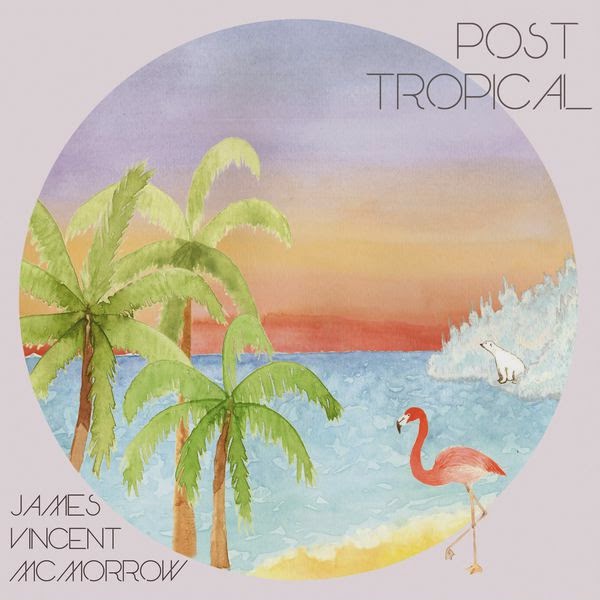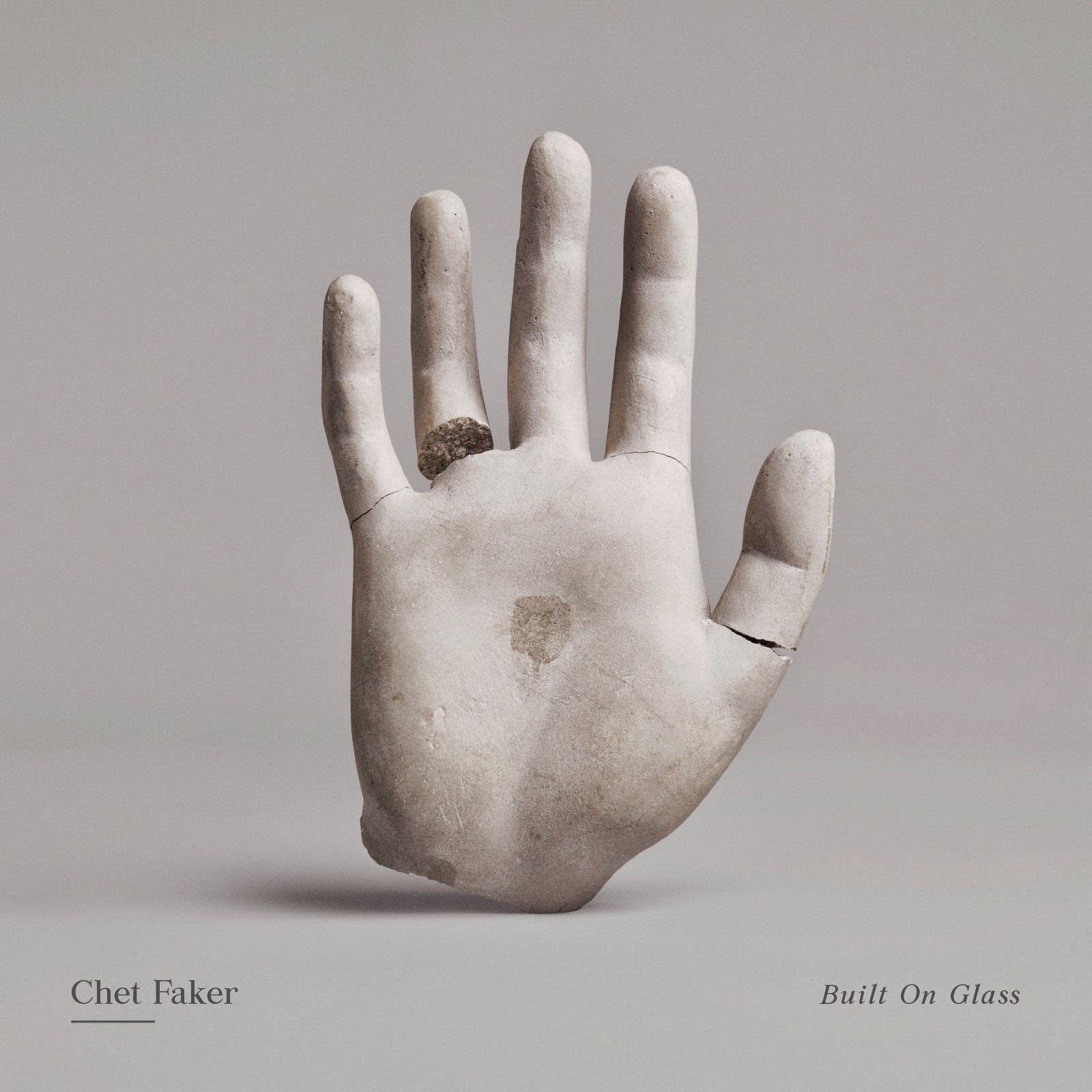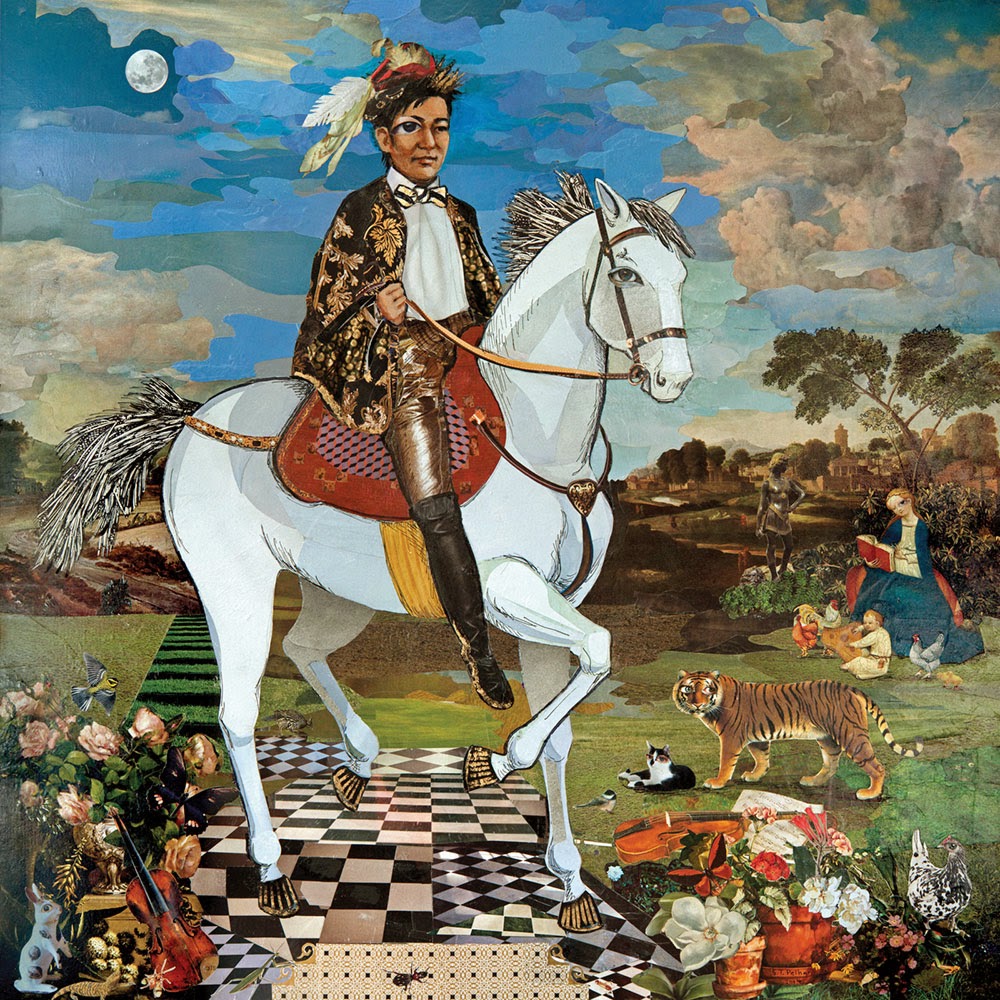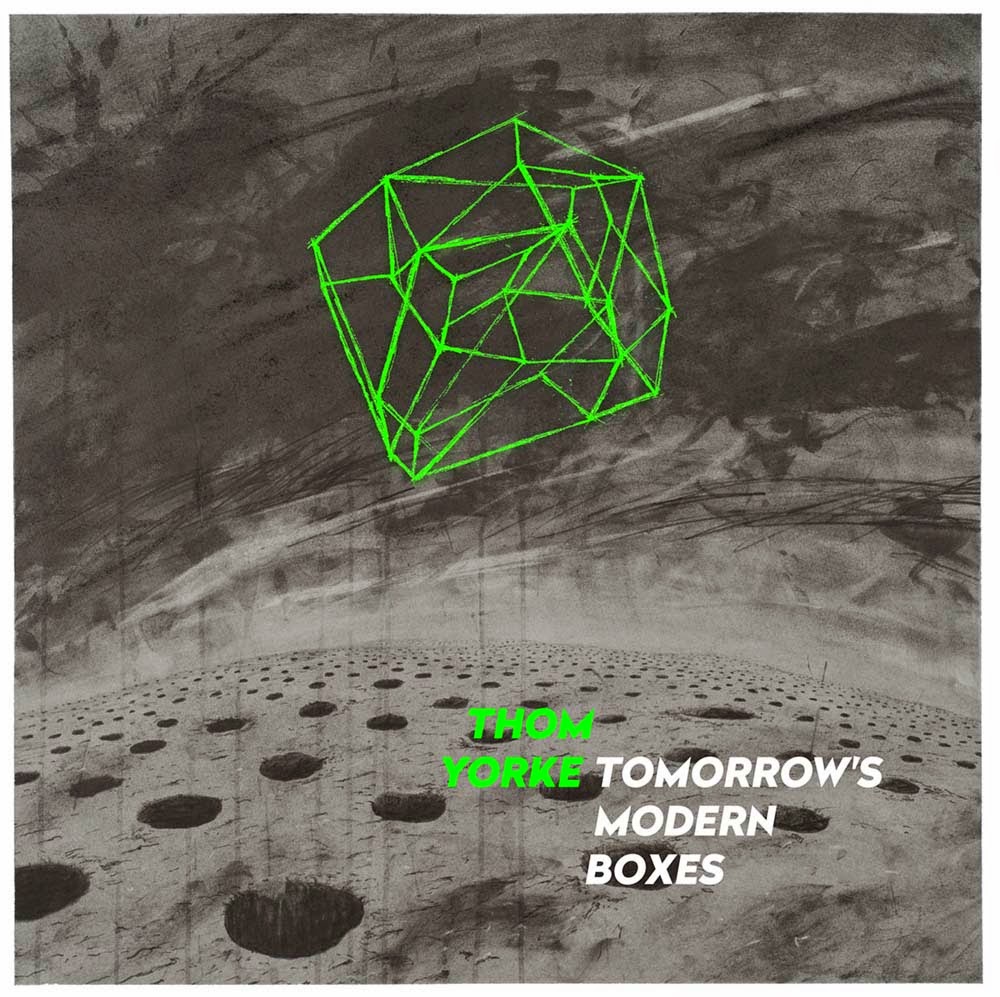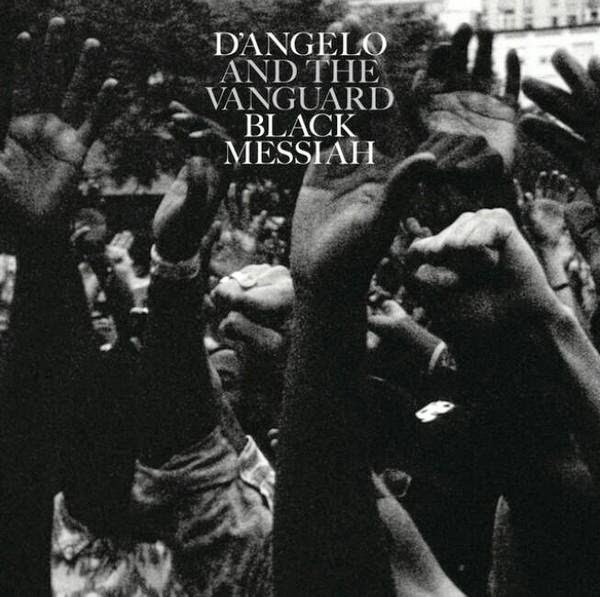So after taking a quick look at my Best Of 2014 playlist on my computer (these are the notable albums that graduate from my general 2014 playlist), I've chosen the records that I've found myself coming back to more often than others. This is how I arrive at what is 'best.' In a further deviation, I will not be ranking the albums in any sort of preferential order. Instead, I'll order them by release date. This will save me from even more cognitive distress.
Click the images to be spirited away to YouTube...
* * *
The Best Of The Best Albums Of 2014
The Best Of The Best Albums Of 2014
James Vincent McMorrow - "Post Tropical"
The Hotelier - "Home, Like Noplace Is There"
The War On Drugs - "Lost In The Dream"
Chet Faker - "Built On Glass"
Kishi Bashi - "Lighght"
Lewis - "L'Amour"*
Owen Pallett - "In Conflict"
The Antlers - "Familiars"
FKA Twigs - "LP1"
QT - "Hey QT"†
Tennis - "Ritual In Repeat"
alt-J (∆) - "This Is All Yours"
Perfume Genius - "Too Bright"
Thom Yorke - "Tomorrow's Modern Boxes" / "Youwouldn'tlikemewhenI'mangry"‡
* * *
Honourable Mentions
Thee Silver Mt. Zion Memorial Orchestra - "Fuck Off Get Free We Pour Light On Everything"
Phantogram - "Voices"
Beck - "Morning Phase"
Cloud Nothings - "Here And Nowhere Else"
Real Estate - "Atlas"
You Blew It! - "Keep Doing What You're Doing"
Doug Paisley - "Strong Feelings"
Jamie xx - "Girl / Sleep Sound"
Ought - "More Than Any Other Day"
Damien Jurado - "Brothers and Sisters of the Eternal Son"
First Aid Kit - "Stay Gold" / "America"
Jack White - "Lazaretto"
Tycho - "Awake"
Lost In The Trees - "Past Life"
El Ten Eleven - "For Emily"
Cocoanut Groove - "How To Build A Maze"
Aphex Twin - "Syro"
Manchester Orchestra - "Cope" / "Hope"
Pink Floyd - "The Endless River"
Manchester Orchestra - "Cope" / "Hope"
Pink Floyd - "The Endless River"
Jessie Ware - "Tough Love"
Caribou - "Our Love"
Hannah Diamond - "Every Night"
Hannah Diamond - "Every Night"
___
* This is a 2014 reissue from Light In The Attic records. You can read more about Lewis here.
† It's a single, not an album. So what?
‡ The single "Youwouldn'tlikemewhenI'mangry" was released December 26, two months after the full length was released. It's a darn good track, and you can name your price and download it here. Since I paid about $50 for "Tomorrow's Modern Boxes" on vinyl, I opted to name a price of $0 to download this terrific single.
† It's a single, not an album. So what?
‡ The single "Youwouldn'tlikemewhenI'mangry" was released December 26, two months after the full length was released. It's a darn good track, and you can name your price and download it here. Since I paid about $50 for "Tomorrow's Modern Boxes" on vinyl, I opted to name a price of $0 to download this terrific single.
